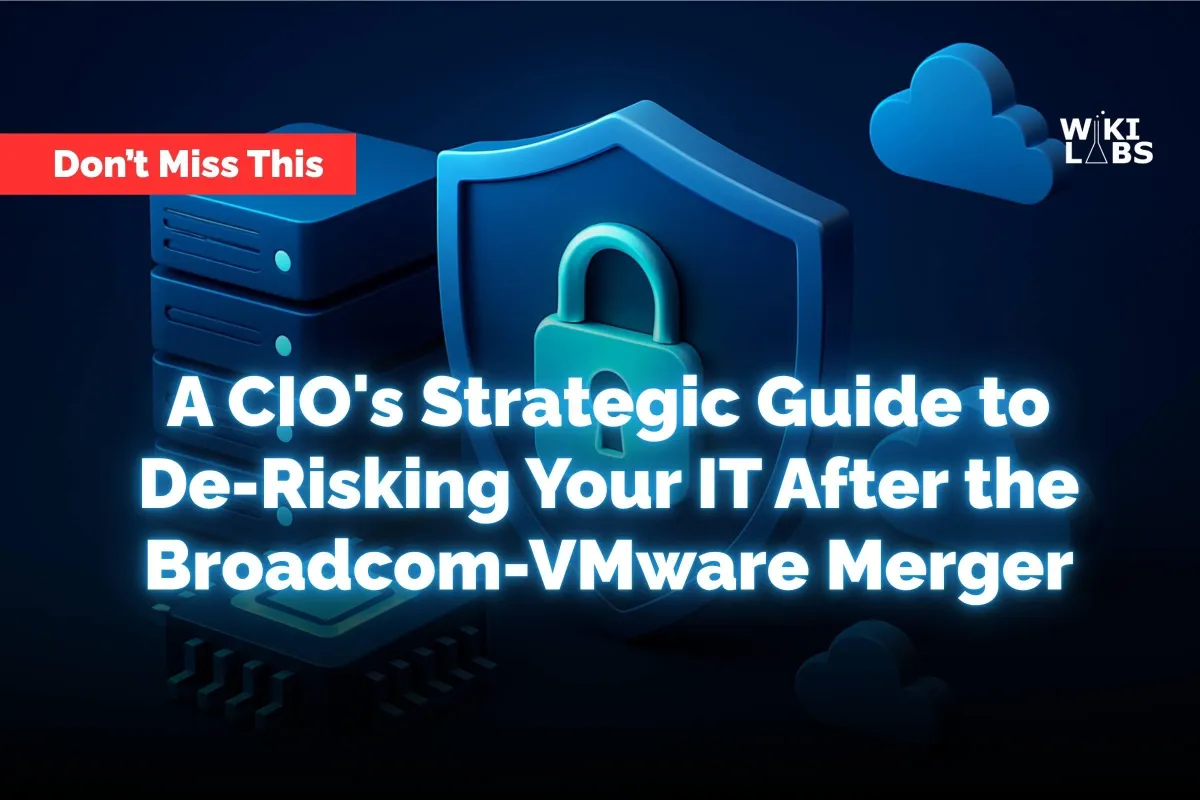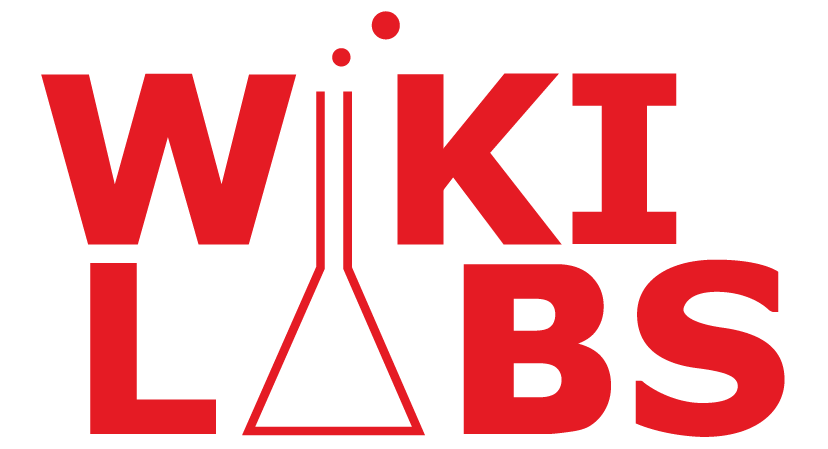
Guide to VMware Alternatives in Malaysia (2025) | Wiki Labs

The Urgent Risk CIOs Can’t Ignore
The Broadcom acquisition of VMware sent shockwaves across the IT world. But now, the consequences are real: VMware is "killing off" 56 products, their entire channel program was ended in early 2024, and long-time partners have been sidelined.
In Malaysia, CIOs of large enterprises, banks, and telcos are facing a tough decision. Do they stay tied to a vendor that is limiting choices, increasing costs, and forcing rushed decisions or taking back control of their IT strategy?
This guide lays out a clear path forward for Malaysian CIOs ready to de-risk their infrastructure and modernise without disruption.
Worried your IT roadmap is at risk? Let our experts review your current environment and help you plan a safer, more flexible future.

The Risks of Staying with VMware
Sticking with the status quo might seem safer, but the long-term consequences are compounding:
Vendor Lock-In: Broadcom has ended VMware's channel program, moving partners to its own invite-only offering. This severely limits local support options and increases the risk of price hikes.
Product Uncertainty: With 56 VMware products discontinued, your current tools may no longer be supported.
Support Erosion: Long-standing contracts are being replaced. Many CIOs report increased ticket times and loss of local expertise.
The result? Strategic paralysis. Many IT teams are unable to make confident long-term infrastructure plans.

Your Strategic Alternative: WikiBlox + Red Hat OpenShift
You don’t need to risk disruption to gain freedom. Enterprises across Malaysia are moving to WikiBlox, Wiki Labs’ container + virtualisation platform built on Red Hat OpenShift. Here’s why:
One Modern Platform: WikiBlox is a unified platform that supports both your legacy Virtual Machines (VMs) and modern, container-based applications.
Vendor-Neutral: No more lock-ins. Full control over your environment.
A True Managed Partner: Wiki Labs becomes your Single Point of Contact for all platform issues, managing everything from the hardware to the OS so your team can focus on applications.
Proven FSI Experience: We have been continuously serving highly regulated enterprise clients, like the Financial Services Industry (FSI), for the past 13 years.
Security & Compliance by Design: The platform is built on our Standard Operating Environment (SOE) framework, ensuring your infrastructure is hardened and compliant from day one.
Case Study A Malaysian financial institution migrated from VMware to WikiBlox in Q1 2024. Despite tight timelines, they achieved full migration with zero downtime, reducing IT costs by 28% and boosting system responsiveness across branches.
Ready to map your own migration path? Fill out our enquiry form to schedule a complimentary, no-obligation migration assessment with our specialists.

Your Transition Blueprint
Here’s a high-level plan CIOs can follow to de-risk smoothly:
Assessment: Evaluate which VMware workloads can be migrated or containerised.
Pilot Phase: Set up a parallel WikiBlox environment and test key apps.
Gradual Migration: Shift non-critical workloads first, then expand.
Knowledge Transfer: Train internal teams while Wiki Labs provides managed operations.
Optimise: Monitor performance, adjust capacity, and continue improving.

De-Risk Today for a Future-Proof Tomorrow
The longer enterprises wait, the tighter the grip becomes. CIOs in Malaysia must act now to preserve flexibility and resilience in their IT.
With WikiBlox and Red Hat OpenShift, you gain more than just a VMware alternative. You unlock a platform that evolves with your needs—with no vendor strings attached.

Ready to build an infrastructure you can trust?
Schedule a no-obligation discovery session with Wiki Labs to explore your options.
